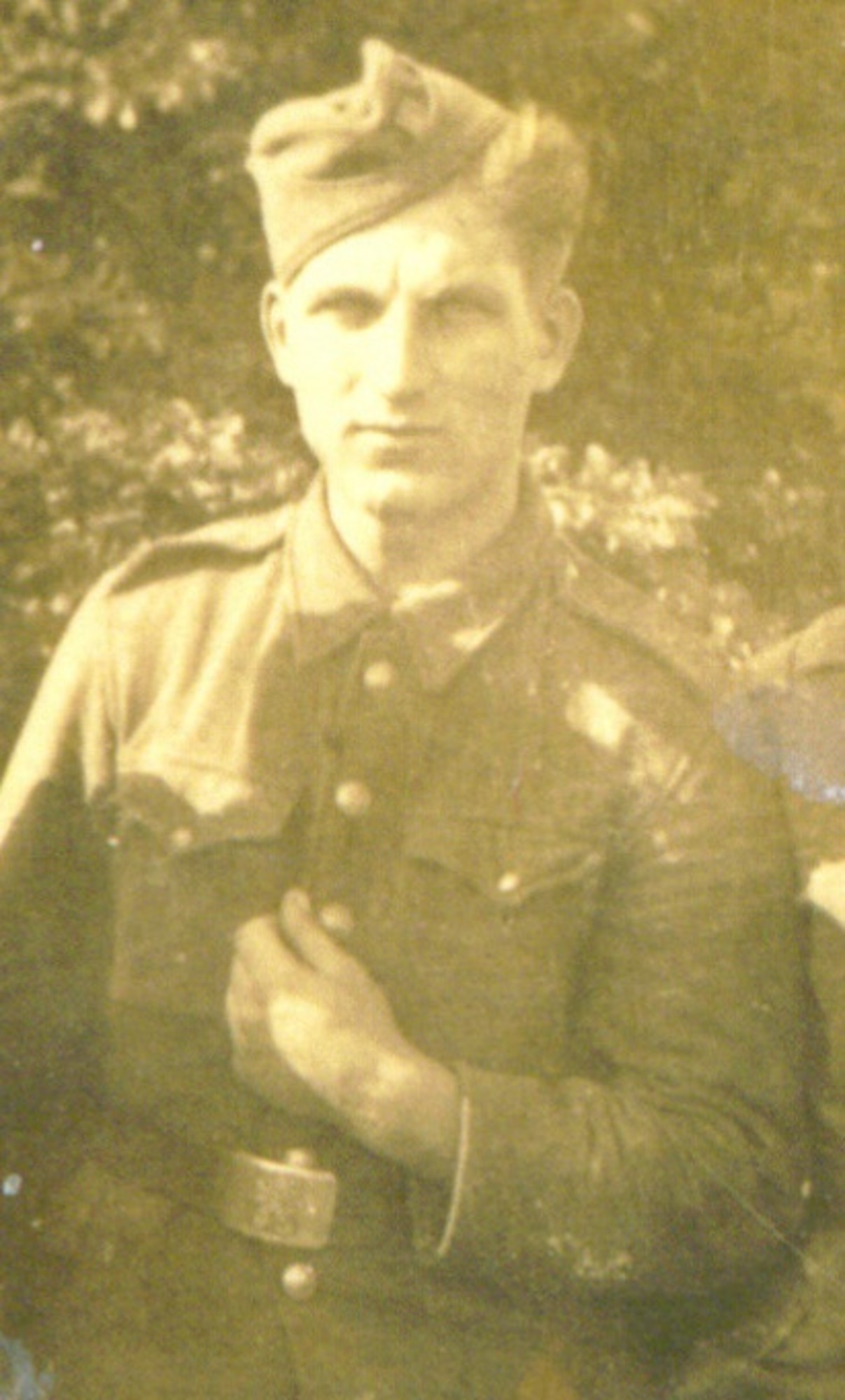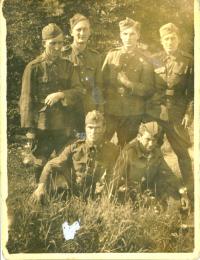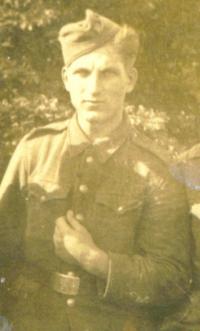I saw our radio operator being hit by a nearby explosion. His charred back was riddled with shrapnel splinters. You get to see so many corpses in war that you don’t notice anymore.

Stáhnout obrázek
Bohuslav Kovalčuk was born in 1924 close to the town of Luck in Volhynia. He was born into a family of Volhynian Czechs and had three brothers. He went to a school in Volhynia where Czech was taught. He was also a member of the Sokol (a Czechoslovak gymnastic movement). Because of the war he was unable to graduate. He joined the Czechoslovak army in the Soviet Union in February 1944. Mr Kovalčuk served as a signalman, mostly at the headquarters. He was in combat for the first time in October 1944 in Dukla. Then he fought in Slovakia and by the end of the war he was in Holešov in Moravia. In 1946 he finally graduated from a grammar school in Vinohrady. He was demobilized after his graduation. In 1950 he completed his forestry and agricultural university studies. He worked for the company „State forests“ in Horšovský Týn till his retirement in 1983. He is married and lives in Horšovský Týn. He has the rank of a pensioned Lieutenant Colonel.

